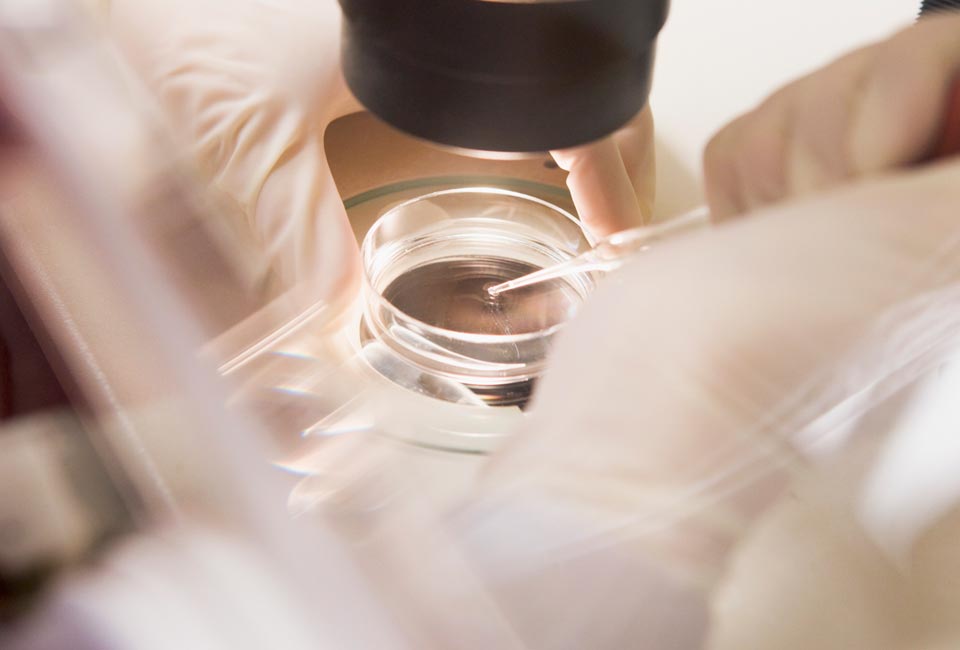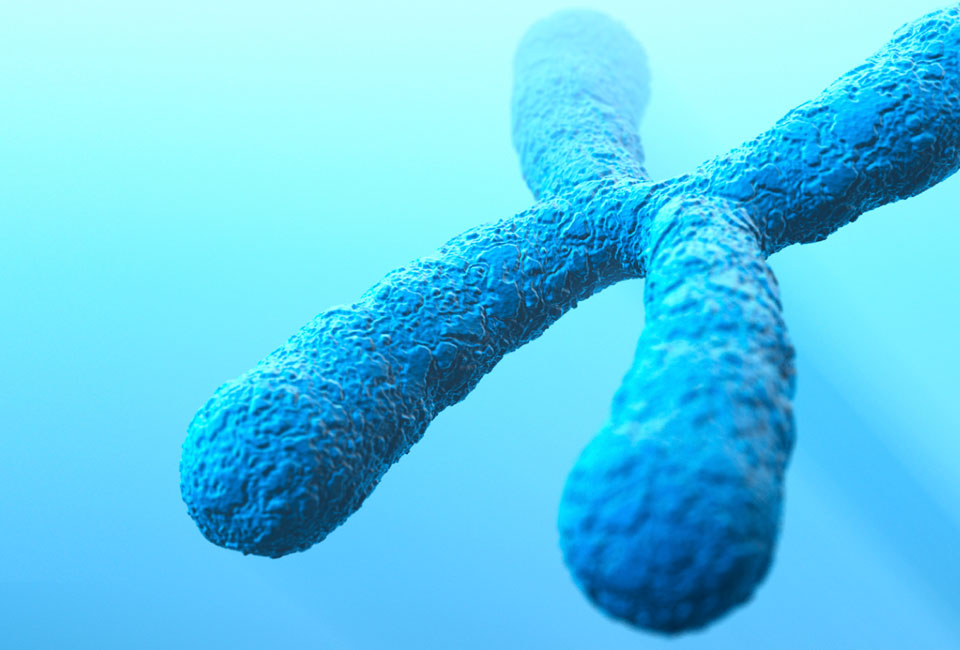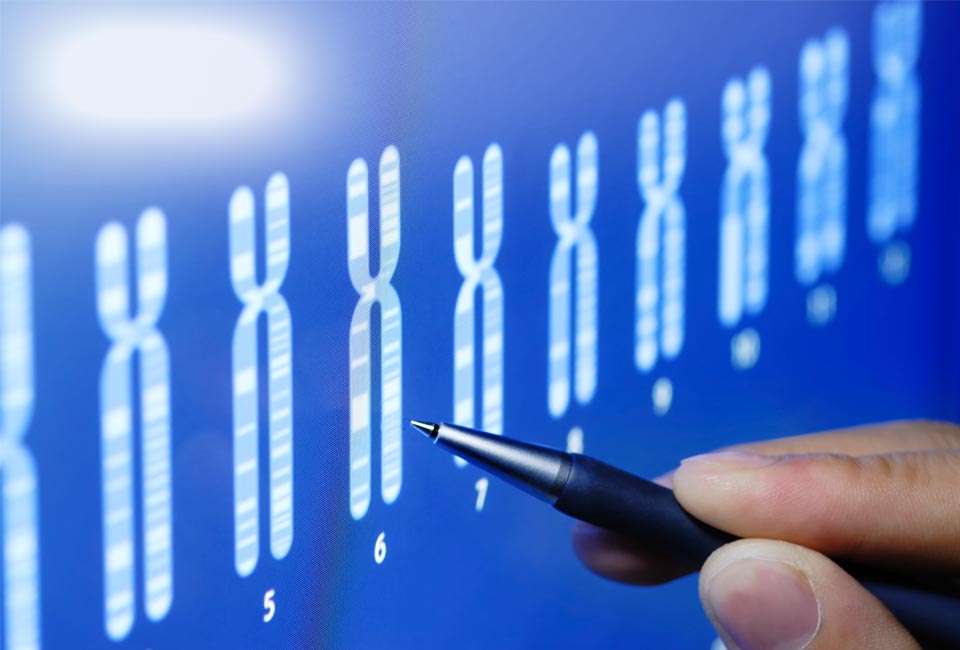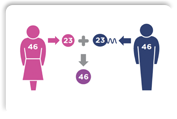For many hopeful parents, getting pregnant or staying pregnant is often a physical, emotional, and financial challenge that requires significant time and resources. But now there’s new hope for patients dealing with infertility or recurrent miscarriage. Now’s there’s SelectCCS.
SelectCCS (comprehensive chromosome screening) is the first and most validated aneuploidy screening platform for patients undergoing in vitro fertilization (IVF). In the past, selecting embryos for IVF transfer was based largely on how an embryo looks, also known as morphology. Often many of the best looking embryos fail to become a healthy pregnancy or successful delivery because of embryonic aneuploidy.
Developed over several years by the physicians and scientists at Reproductive Medicine Associates of New Jersey, world-renowned leaders in reproductive medicine, SelectCCS makes the embryo selection process more evidence-based by accurately determining which embryos are euploid (normal number of chromosomes with 23 obtained from each parent) or aneuploid (abnormal number of chromosomes). Euploid embryos have a greater chance to become a healthy pregnancy and delivery than aneuploid embryos.
By only transferring those embryos determined to be euploid, patients and healthcare providers can improve their chances of success with IVF. Speak with your healthcare provider for more information about SelectCCS and IVF.
In 2013 RMANJ donated SelectCCS to the Foundation for Embryonic Competence (FEC), a non-profit organization dedicated to improving outcomes and advancing knowledge in the areas of research, diagnosis, and education. SelectCCS is owned and operated by the Foundation for Embryonic Competence (www.feclabs.org). All proceeds from SelectCCS testing go directly to the FEC and are used to support research and education.







